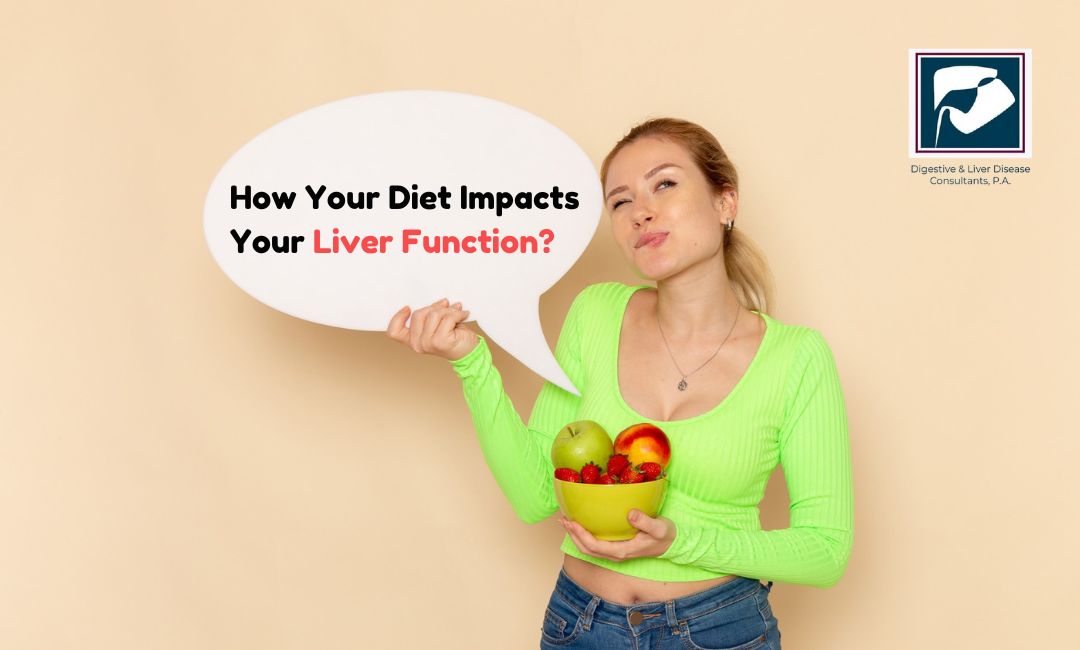Your liver is one of the most important organs in your body. It performs numerous functions, from detoxifying harmful substances to storing energy and aiding digestion. Given the significant role it plays, keeping your liver healthy should be a top priority. One of the best ways to support your liver is through a balanced and nutritious diet. What you eat directly affects how well your liver functions, and making smart food choices can go a long way in maintaining its health.
Understanding the Liver’s Role
The liver is a powerhouse when it comes to managing the body's chemical processes. It filters blood, removes toxins, produces bile for digestion, stores vitamins and minerals, and helps regulate blood sugar levels. Since the liver works tirelessly, it’s crucial to ensure it gets the right nutrients to function properly.
Foods That Support Liver Health
Certain foods are known to be liver-friendly, and incorporating them into your diet can help protect and nourish this vital organ.
1. Leafy Greens and Cruciferous Vegetables Leafy greens like spinach, kale, and arugula, as well as cruciferous vegetables like broccoli and Brussels sprouts, are high in antioxidants and fiber. These vegetables support the liver by helping it detoxify the body. They are also rich in vitamin C and other essential nutrients that promote overall liver health.
2. Fatty Fish Fatty fish such as salmon, mackerel, and sardines are high in omega-3 fatty acids. These healthy fats have anti-inflammatory properties and may help reduce fat buildup in the liver, preventing conditions like fatty liver disease. Including fatty fish in your diet regularly can provide significant liver health benefits.
3. Garlic Garlic is a natural detoxifier and is packed with sulfur compounds that help activate liver enzymes responsible for flushing out toxins. It also has anti-inflammatory properties that can help reduce liver stress, making it a great addition to any liver-supporting diet.
4. Berries Berries, particularly blueberries, raspberries, and cranberries, are rich in antioxidants that protect the liver from damage caused by free radicals. These antioxidants help prevent inflammation and oxidative stress, which can harm liver cells and impair liver function.
5. Nuts Nuts, particularly almonds and walnuts, are excellent sources of healthy fats, protein, and fiber. They contain antioxidants like vitamin E, which helps protect liver cells from damage and supports overall liver health. Walnuts, in particular, are high in omega-3 fatty acids, which are beneficial for reducing liver inflammation.
6. Olive Oil Olive oil is a healthy fat that helps reduce liver fat and inflammation. It contains antioxidants that support liver function and reduce the risk of liver disease. Swapping unhealthy fats like those found in processed foods with olive oil can significantly benefit your liver.
7. Coffee and Green Tea Both coffee and green tea have been shown to have protective effects on the liver. Coffee contains compounds that help protect the liver from conditions like cirrhosis and fatty liver disease, while green tea is rich in antioxidants that help reduce liver inflammation.
Foods to Avoid for a Healthy Liver
Just as some foods promote liver health, others can contribute to liver damage. Avoiding these harmful foods is equally important in maintaining optimal liver function.
1. Alcohol Excessive alcohol consumption is one of the leading causes of liver damage. Over time, heavy drinking can lead to fatty liver disease, alcoholic hepatitis, cirrhosis, and even liver cancer. It’s essential to limit or avoid alcohol altogether to protect your liver.
2. Processed Foods Highly processed foods that are high in sugars, unhealthy fats, and preservatives can contribute to fat buildup in the liver, leading to fatty liver disease. These foods include fast food, sugary snacks, and packaged meals. Opting for whole foods instead of processed options can reduce the strain on your liver.
3. Sugary Beverages Sugar-sweetened beverages, such as sodas and fruit juices with added sugar, can be harmful to your liver. They can increase fat accumulation in the liver and contribute to the development of non-alcoholic fatty liver disease (NAFLD). Replacing sugary drinks with water, herbal teas, or fresh juices is a healthier choice for your liver.
4. Trans Fats Trans fats, often found in baked goods, fried foods, and margarine, are harmful to liver health. These unhealthy fats contribute to liver inflammation and fat buildup, which can lead to liver disease. It’s best to avoid trans fats and focus on consuming healthy fats, like those found in avocados, nuts, and seeds.
How Poor Diet Affects Liver Function
A poor diet, especially one that’s high in unhealthy fats, sugars, and processed foods, can lead to a variety of liver issues. One of the most common conditions is non-alcoholic fatty liver disease (NAFLD), where excess fat accumulates in the liver cells. This can lead to inflammation and scarring of the liver, impairing its ability to function properly. If left untreated, NAFLD can progress to cirrhosis or liver failure.
Additionally, a diet high in sugar can contribute to insulin resistance, which may further exacerbate liver fat buildup and inflammation. Over time, this can lead to serious complications and increase the risk of liver diseases.
Conclusion
Taking care of your liver is essential for overall health, and a healthy diet plays a critical role in supporting its function. By including liver-friendly foods like leafy greens, fatty fish, garlic, and berries, and avoiding harmful foods like alcohol, processed snacks, and sugary drinks, you can help your liver stay strong and efficient. A balanced diet not only supports liver health but also boosts your energy, enhances digestion, and protects you from chronic diseases.
If you're experiencing any symptoms of liver issues or have concerns about your liver health, schedule a consultation with one of our best liver specialists today at DLDC.






